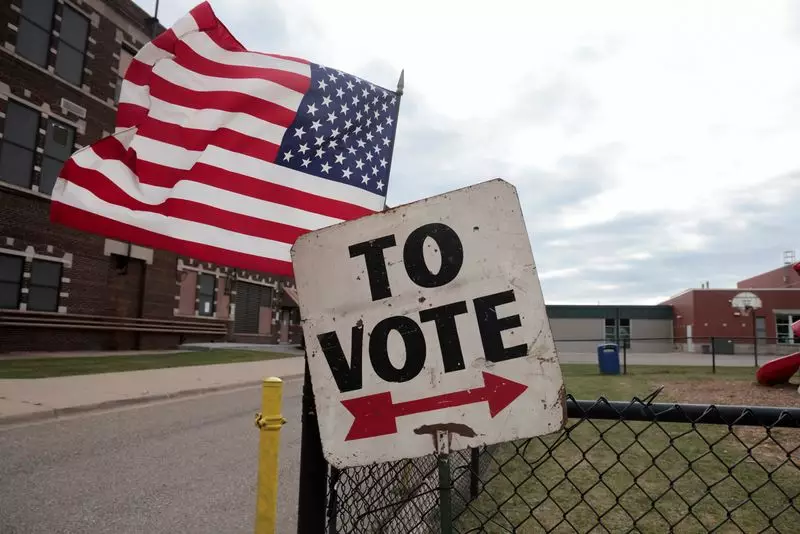The recent announcement of Donald Trump’s victory in the U.S. presidential election has sent ripples of concern throughout China, marking the onset of what many predict to be another tumultuous chapter in Sino-American relations. As Trump prepares to reclaim the presidency, analysts and experts speculate on the implications of his return amidst an already fraught atmosphere characterized by competitive trade, technological tension, and national security dilemmas. With a larger share of the vote this time around, Trump’s continued popularity raises eyebrows across the Pacific, heightening fears that U.S.-China relations will enter a new phase of confrontation.
Forebodingly, Trump has indicated intentions to impose tariffs on Chinese goods exceeding 60%, potentially jeopardizing the delicate trade balance between the two nations. China, which exports over $400 billion worth of goods annually to the U.S., faces significant economic ramifications should the anticipated trade war materialize. Historical precedent suggests that Trump’s economic confrontations could be intensified, with stakes higher than ever given China’s current internal challenges including sluggish growth and rising unemployment rates.
Some experts argue that such aggressive measures could lead Beijing to seek self-sufficiency in technology and manufacturing as a barrier against external pressures. The notion of decoupling technological domains is particularly alarming to Chinese strategists, as it not only threatens economic stability but could also signal broader disruptions to social and political cohesion within China itself.
In light of the unpredictable U.S. policy landscape, Chinese leaders have begun recalibrating their diplomatic strategies to address not only internal economic stability but also external geopolitical challenges. Observers note that with Trump’s transactional, isolationist tendencies, China may actively seek to cultivate relationships with other nations, especially those in the Global South, Europe, and Northeast Asia. As alliances shift away from traditional power structures, Beijing is uniquely positioned to exploit any power vacuums left by the U.S., particularly in multilateral forums where Trump’s administration might withdraw its influence.
China’s re-engagement with countries like India, navigating a path toward detente, reflects a longing for greater stability in regional geopolitics – operating under the assumption that U.S.-China tensions will only intensify. Facing an increasingly isolationist U.S., observers have suggested that China is likely to pursue strategic partnerships that could provide leverage in global affairs while simultaneously catering to its immediate economic interests.
As America navigates its uncertain foreign policy under a second Trump term, tensions around Taiwan and the South China Sea are likely to escalate. Previous U.S. military support for Taiwan has caused significant unease in Chinese leadership, compelling Beijing to adopt a more resolute stance. Experts recognize that any failure or confusion in the U.S. approach could invite misadventure on the part of Chinese military actions, as a perceived vacuum of power might embolden aggressive maneuvers.
Furthermore, the prospect of Trump reinstating his combative approach to international relationships may see a rise in military posturing in the Asia-Pacific region. Such developments could reduce the likelihood of collaboration on pressing issues like climate change, public health, and global security, areas where cooperation is desperately needed.
The return of Donald Trump to the White House may complicate the existing landscape of U.S.-China relations, fraught with the potential for heightened hostilities underlined by economic and military tensions. As the world watches, China must navigate this precarious environment carefully, striving to bolster its own global standing while bracing for the storm of uncertainty looming in the wake of Trump’s policies. This confluence of events could very well redefine geopolitics in the years to come, reshaping alliances and initiating a new global order where power dynamics are realigned.

